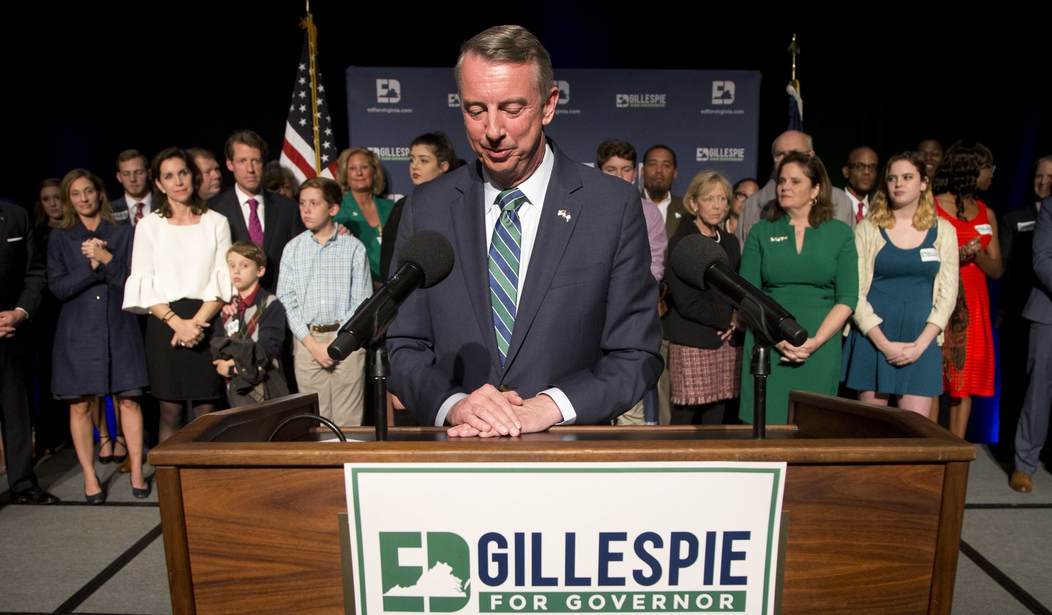Tuesday's election results suggest that Democrats have a reasonable chance of winning control of the House in 2018. If that happens, Donald Trump would become the fourth consecutive president to enter the White House with his party in control of Congress and then lose Congress during his tenure.
In some ways, this seems to be the new normal. After all, it's a pattern that has existed for a full generation since a young Bill Clinton won the White House in 1992. But, it's truly extraordinary in the longer arc of American history. In fact, prior to 1992, it had never even happened twice in a row.
Obviously, there's no certainty that the Republicans will lose control of the House in 2018. And, of course, it's not just Trump. Many Republican voters reserve a special level of hatred for the GOP establishment headquartered in Congress. Regardless of who they blame, the reality is that Republicans promised a lot would happen if voters put them in charge. And it hasn't. They couldn't even repeal Obamacare, despite seven years of promises to do just that.
In such an environment, it may be hard to maintain enthusiasm among the GOP base. Comparing the polling data to actual results from last Tuesday highlights this reality. In 2014 and 2016, polls underestimated opposition to President Obama and Republicans reaped the benefits. Some GOP fans actually came to believe that the pollsters were intentionally understating Republican strength.
Recommended
That didn't happen in 2017. On Tuesday night, the Real Clear Politics average showed Democrat Ralph Northam with a 3-point lead. He won by nine. While it's just a working theory, my hunch is that in all recent elections, the pollsters have consistently underestimated the enthusiasm of the opposition party. When Obama was in power, Republicans outperformed the polls. With Trump in office, we may start to see the reverse.
This suggests that something bigger is going on than simply the presidencies of Clinton, Bush, Obama or Trump. It's a fundamental rejection of both political parties.
The ideological diversity of the last four presidents gives a sense of how complete the rejection has become. They included a centrist Democrat (Clinton), an establishment Republican (Bush), a leftist Democrat (Obama) and a populist Republican (Trump). The first three were unable to satisfy voters enough to keep their party in power. Unless something changes dramatically, the Republicans under Trump will suffer the same fate.
The broader context of the political environment is that it's been 45 years since a majority of Americans have trusted the federal government to do the right thing even most of the time. And, yet, during the 45 years, we've seen the growth of the Regulatory State shift more and more power to a distrusted government. And the bureaucracy has come to believe it has the authority to intervene in just about any aspect of daily life.
At the same time, thrilling new technologies have empowered individual Americans by giving them more choices and information than ever before. There is a core conflict between a decentralizing society and a centralized government that no president or political party can master.
It's time for our political leaders to stop the pointless argument about whether the American people be governed from the left, the right or the center. Instead, the American people want to govern themselves.

























Join the conversation as a VIP Member